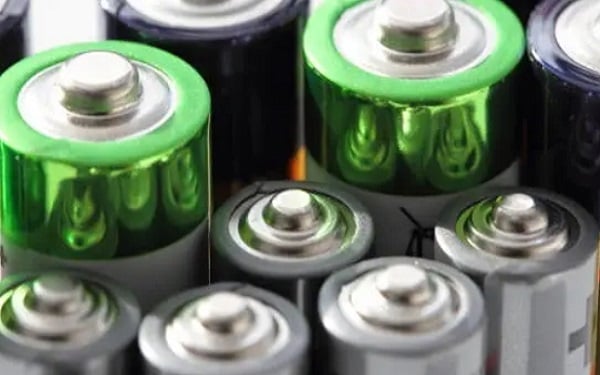
Hillcrest Energy Technologies. (CSE: HEAT)
From concept to commercialization, Hillcrest is investing in the development of energy solutions that will power a more sustainable and electrified future.

According to a new research report, the number of batteries that can be produced by battery factories being built globally will far exceed the demand of the global economy.
As automakers electrify their fleets and utilities install large batteries to stabilize the grid, the demand for lithium-ion batteries is rapidly increasing. However, according to the report, manufacturers have announced so many new battery factories that the production capacity will exceed demand in the remaining years of this decade. By the end of 2025, global battery production is projected to exceed the global demand by more than five times.
The report states, “This is good news for automakers and electric vehicle buyers, but it presents a challenging period for new entrants in the battery industry.”
Overcapacity is most severe in China, where the country’s battery manufacturing capacity is projected to exceed annual battery demand by at least 400% in the remaining years of this decade. This is also a concern in the United States, where President Biden has made establishing a domestic battery supply chain one of the top priorities in climate and industry. To attract battery manufacturers, the U.S. government provided Ford Motor Company with a $9.2 billion conditional loan last year to build three battery factories.
Europe also faces an issue of battery overcapacity, but governments in various countries are pushing for increased battery production. Swedish battery manufacturer Nortvolt AB has a battery factory under construction in Germany, and the German Minister of Economic Affairs, Robert Habeck, has been lobbying the company to build another battery factory.
Analysts indicate that due to industry overcapacity, some planned factories worldwide may be delayed or canceled. For instance, Ford has postponed plans to expand electric vehicle production citing a price war for battery-powered cars and trucks. This is expected to be a problem everywhere, including in the United States.
Meanwhile, there are changes occurring in the chemicals used to manufacture batteries. The report found that lithium iron phosphate batteries are becoming increasingly popular for powering electric vehicles, particularly among Chinese automakers. The component materials of lithium iron phosphate batteries are cheaper compared to standard lithium-ion batteries that use nickel, manganese, and cobalt, and this shift may significantly reduce future demand for these metals.